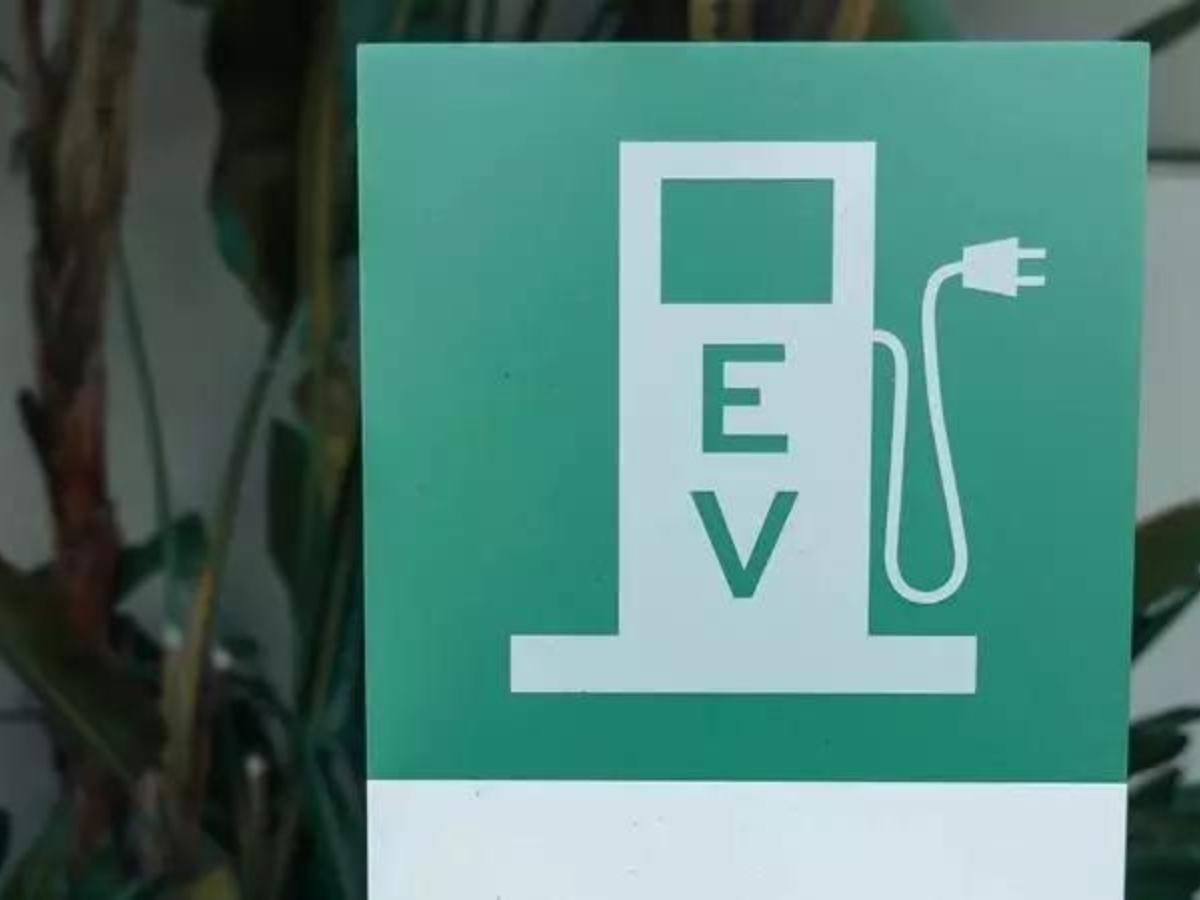
European Union governments exposed divided views on the merits of EU tariffs on imports of China-built electric vehicles in a non-binding but still influential vote, sources with knowledge of the vote said on Tuesday.
The European Commission, which oversees the bloc’s trade policy, has set provisional duties of up to 37.6% on EVs imported from China to counter what it says are unfair subsidies and has canvassed EU member views in a so-called advisory vote.
A dozen EU members voted in support of the tariffs, four voted against and 11 abstained, the sources said.
The Commission is expected to take this into account when deciding whether to follow up with definitive duties in what is the EU’s highest profile trade case yet.
If it does advocate duties at the end of its investigation, they will come up for a binding vote among the EU members and would be imposed unless a qualified majority of 15 member countries representing 65% of the EU population vote against.
If the voting pattern of the advisory vote were repeated, definitive duties, typically applicable for five years, would then enter force.
However, the large number of abstentions reflects wavering among many EU members, aware of the Commission’s arguments that trade must be on a level playing field, but also mindful of the risk of a trade war with China. Beijing has threatened wide-ranging retaliation.
German carmakers, which made a third of their sales last year in China, have urged the EU to drop tariffs, which would not only apply to Chinese producers such as BYD, Geely and SAIC, but also to China-built cars of Western automakers such as Tesla and BMW.
In the vote, France, Italy and Spain supported the tariffs, while Germany, Finland and Sweden abstained, government sources said.
A German source said that its abstention was in the spirit of “critical solidarity” with the Commission. Finland had doubts whether it was in the EU’s interests, given that not all European car manufacturers favoured measures, an embassy official said.
Swedish trade minister Johan Forssell said that dialogue between the Commission and China to find a solution would be very important.
The Commission will continue its investigation for another three months.
In one sign of compromise, the European Commission has signalled that it may consider a lower tariff for BMW’s China-made electric Mini and Volkswagen’s Cupra Tavascan, two sources with knowledge of the matter said.

